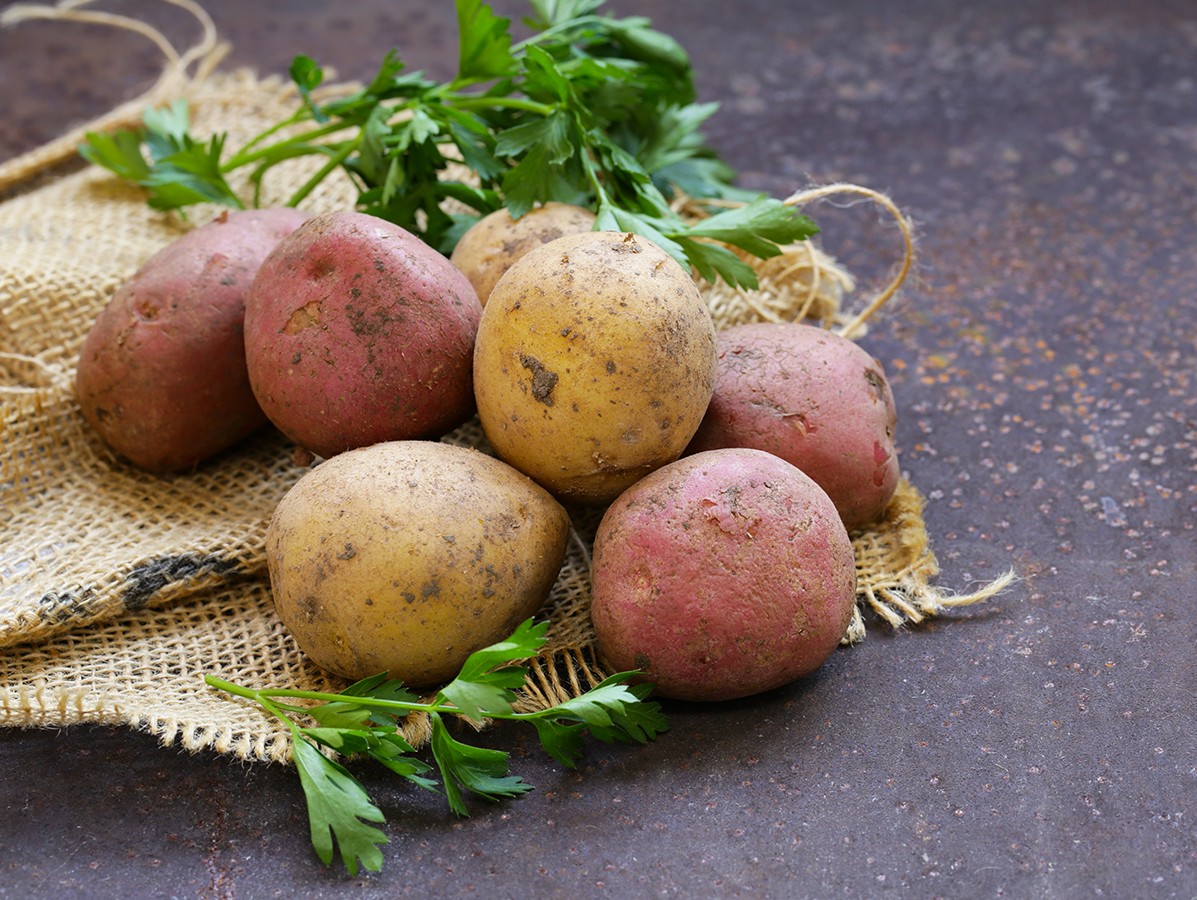
The Dutch company Eosta, in cooperation with TU Twente, has mapped out how organic agriculture supports the UN's Sustainable Development Goals (SDGs) for 2030. A literature review based on independent publications shows that organic agriculture offers specific advantages over conventional agriculture for eight SDGs in particular.
Volkert Engelsman, director of Eosta, states that the realisation of the sustainability goals has been too slow so far: "We are in the midst of an acute climate crisis, health crisis and biodiversity crisis, so we have to make haste. That's why we have had people from the TU Twente look at how we can accelerate that process from organic farming. Because demand also appeared to live in other countries, we turned it into an international project. The report clearly shows that bio is part of the solution. The organic sector throughout Europe will now be working with the report in order to profile itself as a frontrunner in the realisation of the SDGs from 2020 onwards. Other continents will follow."
The report SDG's and Organic Agriculture shows that organic farming makes an important contribution to at least 8 of the 17 SDGs. This is supported by references to some fifty scientific publications and authoritative independent reports from, among others, the FAO, the UN World Food Organisation. The eight SDGs discussed are: No hunger, Good health and welfare, Clean water and sanitation, Decent work and economic growth, Responsible consumption and production, Climate action, Living in water and Living on land.
Strong scientific arguments were found for the impact on biodiversity, climate and health, especially in low-income countries. For example, there is much evidence that exposure to pesticides in developing countries makes millions of people sick every year. In terms of climate, it is clear that organic agriculture captures more carbon in the soil and produces less nitrous oxide (a very harmful greenhouse gas). Moreover, organic farming is climate adaptive.
Michaël Wilde, manager sustainability and communication at Eosta: "As an organic sector, we have always been a sector of idealistic pioneers and change makers. The time has now come to show that our course is in line with universal sustainability goals that are supported by the whole world. Fortunately, the bottom line is simple: we need to eat more fruit and vegetables from sustainable agriculture. And organic farming, one of the five sustainable agriculture approaches identified by the UN as a solution, is by far the most tried and tested method".
With the report, Eosta offers a growing coalition of now 15 organic umbrella organisations the opportunity to work with SGDs themselves. The Danish Organic Denmark, the Finnish Pro Luomu, the Swedish Organic Sweden, the Italian Assobio and the Spanish Ecovalia are some of the organisations that are participating.
Source: © Eosta